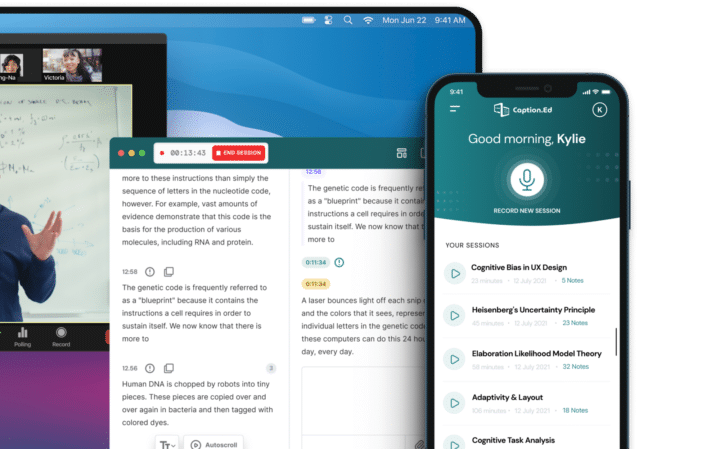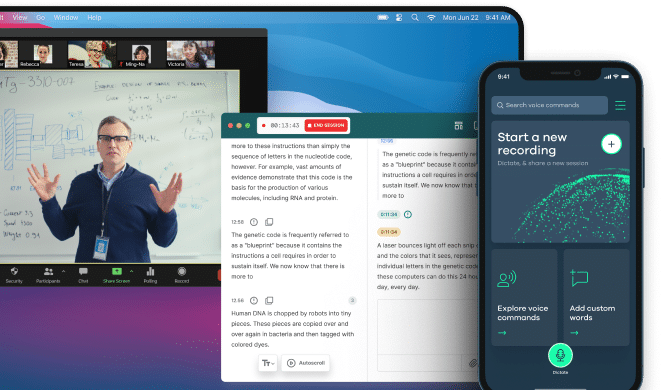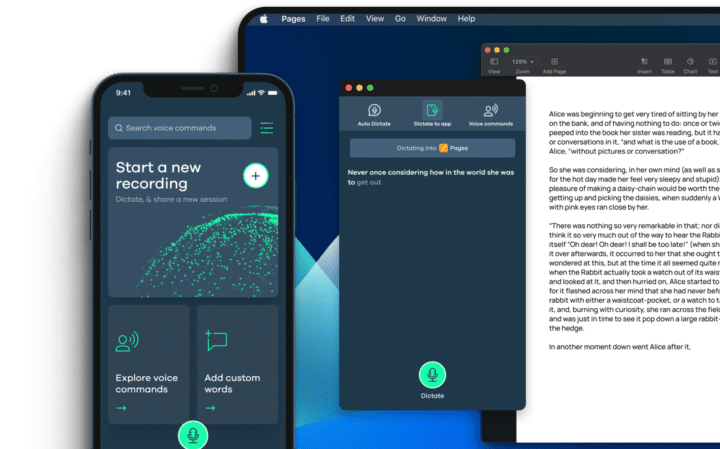With a better understanding of dyslexia and its terminology, you should feel more confident to support anyone you know who has it.
Dyslexia is an innate condition with far-reaching impacts. As a learning difference, it affects how people understand and process language, including verbal, reading, and writing. For some people, it can also impact short-term memory, concentration levels, and organisation abilities.
But is being dyslexic a disability? Well, while there are some people who don’t like to think of themselves as disabled, many people with dyslexia do have difficulties at school, work, or in other situations. And this can leave them exposed to discrimination and stigma.
Is Dyslexia Classed as a Disability in the UK?
Dyslexia is a learning difference experienced by around 10% of the UK population, according to the British Dyslexia Association (BDA). It affects people across the full spectrum of intellectual capabilities and is a lifelong condition.
Want to Know More About Our Products?
Learn More
Because of its complex and hidden nature, parents and teachers can overlook the condition in children. Reports suggest over two-thirds of people with dyslexia leave school without a diagnosis. So, gaining a better awareness of the effects of dyslexia is important to ensure everyone receives the support they need as early as possible.
People with dyslexia often lack phonological awareness. And they may have difficulties with sounding out, blending, and rhyming words. Yet, despite these challenges, there are positives too. These can often include exceptional creativity, problem-solving, and design skills.
Is Dyslexia a Disability Under the Equality Act 2010?
So if you are dyslexic, are you disabled? It’s a complicated answer. Because, while dyslexia is a neurodivergent condition and an innate difference in thinking, it’s also classed as a disability under the Equality Act 2010. It is a listed protected characteristic in the British anti-discrimination Act to help keep individuals with dyslexia safe from harassment, victimisation, and any other forms of discrimination.
Despite its formal classification as a disability, many people with dyslexia don’t think of themselves as disabled. Many prefer to say they’re neurodivergent or have a different way of thinking.
Is Dyslexia a Disability in Scotland?
Dyslexia is a disability under British law, which includes Scotland. However, the Scottish Union Learning classifies dyslexia as a learning difference. And that’s because many people with dyslexia don’t like to consider themselves disabled.
Whichever phrase they use, the Equality Act 2010 protects people with dyslexia living in England, Wales, and Scotland from all forms of discrimination.
When Was Dyslexia First Recognised as a Disability?
Rudolf Berlin, a German ophthalmologist, coined the term ‘dyslexia’ in 1883. He had noticed many of his clients would struggle with reading words and formalised the medical term of dyslexia as a clinical diagnosis.
Does Dyslexia Count as a Disability When Applying for Jobs?
Because the Equality Act 2010 classifies dyslexia as a disability, all employers are duty-bound to make reasonable adjustments for candidates and employees. The types of reasonable adjustments may include giving extra time for tasks and providing assistive technology like captioning and note-taking software.
Since disability is a protected characteristic in the Discrimination Act, applicants and successful hires should be safe from the threat of discrimination. Of course, applicants must disclose their condition to prospective recruiters first. However, it is common for neurodivergent people to not disclose their condition for fear of stigma.
Is Dyslexia a Learning Disability or Learning Difficulty?
So what type of disability is dyslexia? The UK considers dyslexia to be a learning difficulty. This is different from the US where they accept dyslexia as a learning disability.
Sir Jim Rose first defined dyslexia as a learning difficulty in his ‘Rose Review’, published in the UK in 2009. Since then, the BDA has adapted his definition to the following:



